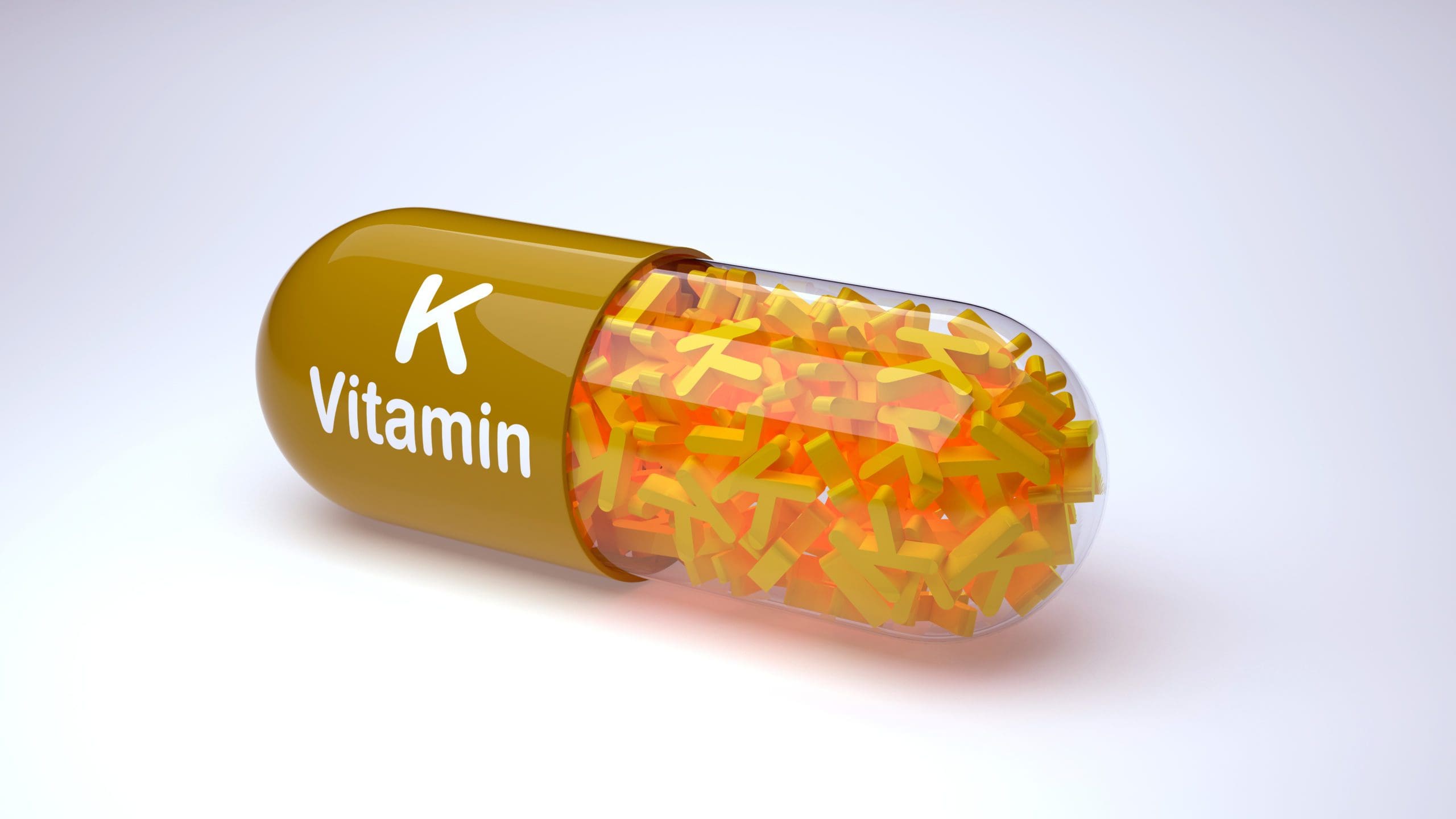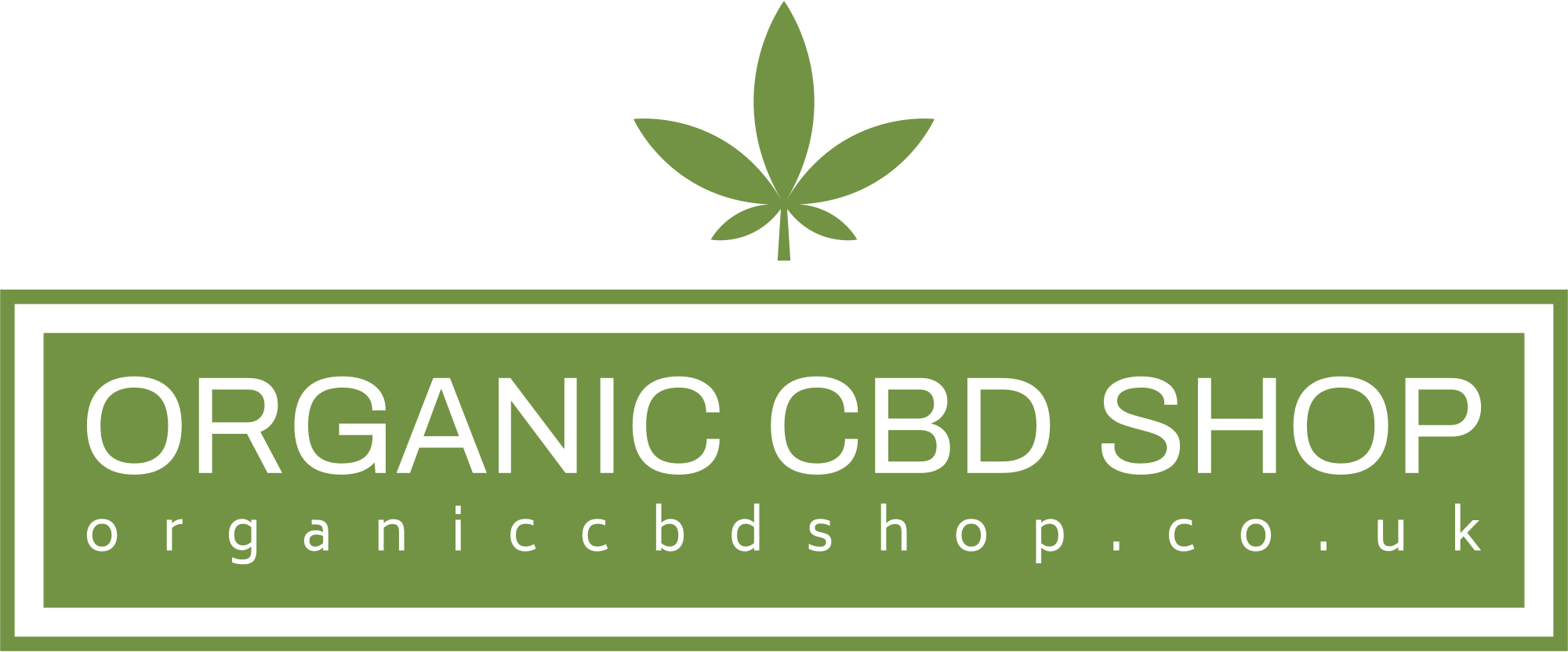
The Comprehensive Guide to the Benefits of Vitamin K2
Introduction
Vitamin K2, a lesser-known but essential nutrient, is a fat-soluble vitamin that plays a crucial role in various aspects of human health. While its primary function is often associated with blood clotting and bone health, Vitamin K2 has a more extensive range of benefits. In this comprehensive guide, we will explore the diverse health benefits of Vitamin K2, its essential functions, dietary sources, potential deficiency symptoms, and its applications in modern health and well-being.
Introduction to Vitamin K2
What Is Vitamin K2
Vitamin K2, also known as menaquinone, is a fat-soluble vitamin that is part of the larger Vitamin K family. Unlike its more well-known sibling, Vitamin K1 (phylloquinone), which is primarily involved in blood clotting, Vitamin K2 has distinct functions in the body, particularly in calcium metabolism and bone health.
Essential Functions of Vitamin K2
Vitamin K2 plays several critical roles in the body
- Calcium Regulation: Vitamin K2 is essential for directing calcium to the bones and teeth and preventing its accumulation in soft tissues, like blood vessels and kidneys.
- Bone Health: It is crucial for the production of osteocalcin, a protein that helps mineralize bones and maintain bone density.
- Cardiovascular Health: Vitamin K2 helps inhibit the buildup of calcium in arteries and blood vessels, reducing the risk of cardiovascular diseases.
- Cell Growth and Repair: It is involved in cell growth and repair, especially in skin and other epithelial tissues.
- Blood Clotting: While not its primary function, Vitamin K2 does play a role in blood clotting, similar to Vitamin K1.
Health Benefits of Vitamin K2
Bone Health
Vitamin K2’s role in directing calcium to bones and promoting the activation of osteocalcin makes it an integral nutrient for bone health. It helps maintain bone density and reduces the risk of fractures and osteoporosis.
Cardiovascular Health
One of the most promising benefits of Vitamin K2 is its role in cardiovascular health. By preventing the buildup of calcium in arteries and blood vessels, it helps maintain their flexibility and reduces the risk of atherosclerosis and heart disease.
Dental Health
Vitamin K2 contributes to dental health by aiding in the proper mineralization of teeth. It can help reduce the risk of dental issues like cavities and gum disease.
Skin Health
Vitamin K2 is involved in cell growth and repair in the skin and other epithelial tissues. This function can help maintain healthy skin and support wound healing.
Cognitive Function
While the focus is often on its benefits for bone and heart health, Vitamin K2 may also influence cognitive function. Some studies suggest a link between Vitamin K2 and improved cognitive performance, although further research is needed to confirm this connection.
Cancer Prevention
Emerging research has explored the potential role of Vitamin K2 in cancer prevention. Some studies indicate that adequate Vitamin K2 levels may reduce the risk of certain types of cancer, including prostate and liver cancer.
Dietary Sources of Vitamin K2
Vitamin K2 can be obtained from dietary sources, with the highest amounts found in specific animal and fermented foods. Some common dietary sources of Vitamin K2 include:
- Fermented Foods: Natto, a traditional Japanese dish made from fermented soybeans, is one of the richest sources of Vitamin K2. Other fermented foods like sauerkraut and kimchi also contain smaller amounts.
- Animal Products: Certain animal products, such as grass-fed meat, liver, egg yolks, and dairy from grass-fed animals, provide Vitamin K2. The conversion of Vitamin K1 to K2 occurs in these animals when they consume grass.
- Certain Cheeses: Some cheeses, particularly hard and soft cheeses, contain Vitamin K2. The bacteria used in the fermentation process can produce K2.
Vitamin K2 Deficiency
Vitamin K2 deficiency is relatively rare but can lead to health issues. Common risk factors for deficiency include a poor diet, digestive problems that affect nutrient absorption, and specific medical conditions. Symptoms of Vitamin K2 deficiency may include
- Increased risk of osteoporosis and fractures.
- Higher susceptibility to cardiovascular diseases and arterial calcification.
- Dental problems, such as cavities and gum disease.
- Delayed wound healing and skin issues.
- Potential cognitive decline.
- An increased risk of certain cancers, although more research is needed in this area.
If you suspect a Vitamin K2 deficiency, it is crucial to consult with a healthcare professional for a blood test and guidance on addressing the deficiency, which may include dietary changes or supplementation.
Modern Applications of Vitamin K2
Supplements
Vitamin K2 supplements are widely available and are often used to support bone health, cardiovascular health, and overall well-being. These supplements come in various forms, including capsules and liquid drops.
Dental Products
Vitamin K2 is increasingly being included in dental products, such as toothpaste and mouthwash, to support oral health and prevent dental issues.
Skin Care Products
Skin care products with added Vitamin K2 can promote healthy skin by aiding in cell growth and repair and supporting wound healing.
Conclusion
Vitamin K2, a lesser-known but vital nutrient, is indispensable for various aspects of health, from bone and heart health to dental and skin well-being. While many people can obtain sufficient Vitamin K2 from their diet, supplements and specialized products are commonly used to address specific health concerns or prevent deficiency.
Maintaining optimal Vitamin K2 levels is essential for preventing deficiency-related health issues and enhancing overall well-being. As research continues to uncover the many benefits of Vitamin K2, it remains a significant contributor to modern health and well-being, emphasizing the importance of this often-overlooked vitamin.
- How to (Really) Get to Know Someone - May 16, 2024
- The Comprehensive Guide to the Benefits of Vitamin K2 - October 25, 2023
- The Comprehensive Guide to the Benefits of Vitamin B7 - October 25, 2023


